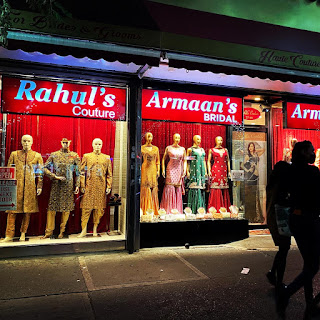One thing I’ve learned from examining words closely is how revealing they can be—and how often they point to tension between binary forces we tend to take for granted. Consider “community.” We typically see it as a positive term for belonging, yet when we deconstruct it, we uncover both unity and the idea of separation.
The co- prefix (from Latin) means “together” or “with,” as in cooperate (to work together) or coexist (to exist alongside). Then there’s the muni element. It likely stems from the Latin munire (“to fortify” or “protect”), which in turn relates to moenia (Latin for “defensive walls”). We see this military flavor in words like munitions (armaments or weaponry).
So while “community” conjures an image of people coming together, its deeper linguistic roots hint at building boundaries or fortifications to keep threats out. This creates a subtle tension—every act of inclusion or togetherness can imply an outside that’s excluded. By probing the origins of everyday words like this, we see how language itself encodes a push-and-pull between openness and defense, raising important questions about who belongs and who remains on the outside.








